What we know about avian coronavirus infectious bronchitis virus (IBV) in poultry — and how that knowledge relates to the virus causing COVID-19 in humans
Mark W. Jackwood, MS, Ph.D.
Department of Population Health, Poultry Diagnostic and Research Center, College of Veterinary Medicine, 953 College Station Road, University of Georgia, Athens, GA 30602, USA
To better understand the challenges associated with the COVID-19 disease in humans, poultry health professionals can draw on their many years of experience attempting to control avian coronavirus infectious bronchitis (IBV) in poultry.
It’s important to emphasize that the COVID-19 virus (SARS-CoV-2) is not associated with poultry or poultry products. Coronaviruses are divided into Alpha-, Beta-, Gamma- and Delta- coronavirus groups. Coronaviruses are responsible for a wide variety of existing and emerging diseases in humans and other mammals (including food animals) as well as in birds (including poultry). Diseases associated with coronavirus infections cover a wide range including respiratory, enteric, neurological, renal and hepatic.
The coronavirus that affects poultry (IBV) and causes respiratory disease in chickens is in the avian Gammacoronavirus group. Avian viruses in the Gammacoronavirus group do not infect or cause disease in humans.
The COVID-19 virus is in the Betacoronavirus group along with SARS-CoV and MERS-CoV. It was previously shown that SARS-CoV does not infect or cause disease in poultry (Swayne et al. Emerging Infectious Diseases Vol. 10, No 5, May 2004). Because the COVID-19 virus belongs to the same group as SARS-CoV and uses the same ACE-2 host cell receptor, it is highly unlikely that the COVID-19 virus will infect or cause disease in poultry, but it remains to be scientifically proven.
Based on the knowledge at hand, and the current lack of any evidence of bird infections with the COVID-19 virus, poultry and poultry products are not considered to be a source of COVID-19 infection for humans. The COVID-19 virus is primarily spread among people via respiratory droplets that contain the virus, with infections occurring via the nose, eyes and mouth. Although highly infectious, it is an enveloped virus — one that is easily killed by soap and common disinfectants. Below are some frequently asked questions regarding coronaviruses.
Where do coronaviruses come from?
